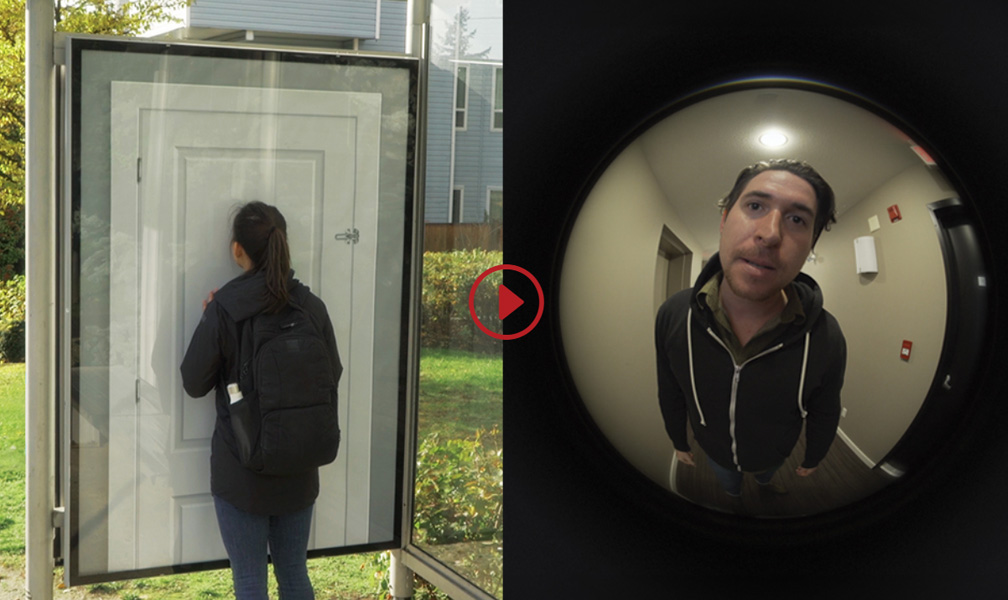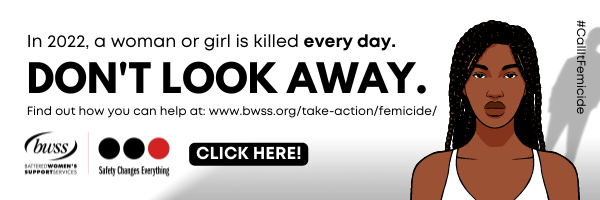When will Canada and BC say enough is enough when it comes to femicide?
As we celebrate the achievements of women, girls, and femmes all around the world today on International Women’s Day, we must also recognize that women, girls, and femmes still face gender-based violence, misogyny, and oppression every day.
A girl or woman is killed in Canada every day.
Canadians and British Columbians and their leaders ignore everyday misogyny as a motivation for many killings.
Despite our efforts to bring a visible and a focus to femicide in Canada and British Columbia, our political and social leaders have ignored racist/misogyny as an everyday reality for women, girls, and femmes and an underlying motivation for many/most of their killings.
There is some evidence that COVID-19 may have led to an increase, particularly in 2021, as shown by the most recent Canadian Femicide Observatory for Justice and Accountability statistics.
For past 2 years, there has been a gradual rise in # of women/girls killed, mostly by men, in Canada.
— Canadian Femicide Observatory (@CAN_Femicide) March 8, 2022
Compared to pre-pandemic year 2019:
2020: 17% increase
2021: 26% increase
Are we waiting to see what 2022 brings?
Do leaders have a national action plan?#CallItFemicide pic.twitter.com/Tl5cbf6Fcj
For the past two years, there has been a gradual rise in the number of girls, women, and femmes killed, mostly by men, in Canada.
Compared to the pre-pandemic year 2019:
- 2020: 17% increase
- 2021: 26% increase
In 2021, 18 women were killed by their sons and this represents 69% of women killed by family members.
So far in 2022, 11 women and girls have been killed in BC.
It doesn’t matter if it is correlated with or caused by the COVID-19 pandemic what is most important is what we plan to do about it?
Similarly, those groups of women, girls, and femmes that have been made most vulnerable to violence, including femicide, also largely remain unchanged. For example, women and girls remain at most risk from men they know, primarily male partners and sons.
Indigenous women and girls, women and girls who live in rural, remote, and Northern regions of our country, and women aged 18 to 54 years also remain at greater risk of femicide. And elder women remain at very high risk and over-represented.
Through our Colour of Violence project, we are learning more about the risks experienced by Black, South Asian, and other racialized women, girls, and femmes and we are learning more about how intersecting identities such as race, age, sexuality, disability compound the vulnerability to violence and femicide.
We asked the question in 2021 and we will ask it again – when will BC say enough is enough when it comes to femicide?
And for every woman, girl, or femme that is killed there are thousands more who live in fear.
So at BWSS, we stay on the frontline – our crisis line continues 24/7/365 receiving an average of 50 calls daily.
Our crisis line volunteers, support workers, legal advocates, and counsellors work tirelessly 7 days a week responding to tens of thousands of requests for service annually
This International Women’s Day help keep BWSS on the front line and give the gift of safety.
Thank you from the BWSS Team.






